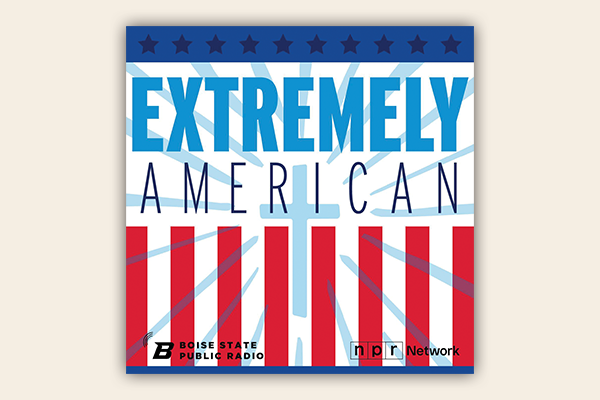The recent publicized academic scheme involving celebrity actresses Felicity Huffman and Lori Loughlin revealed a reality unsurprising to many black Americans. Etched in the framework of African Americans is the undeniable reality that access and whiteness grants experiences and opportunities by virtue of privilege — a firm contradiction to the “pull yourself up” rhetoric utilized by many who’ve failed to see their privilege. This is a practice of access not based on merit, but riches and wealth, and it has tainted higher education since its inception.
The idea that black and brown students possess the intellectual prowess to compete and succeed alongside their white counterparts is not a myth, it’s a fact. But, historically, black and brown students have not been allowed to showcase this intelligence in institutions of higher education.
America’s current educational structure produces greater results for the upper middle class and the rich than other demographics, yet they manipulate the system to their advantage. Despite decades-old practices of admitting underqualified white students or legacy applicants, black students have undeniably grasped the concept of “you must work twice as hard as they do.” This statement is shared universally within black households as parents and children alike understand how the system is stacked against them. After the civil rights movement, families with privilege vehemently opposed school integration. They formed their own private institutions, today known as private schools, that kept segregation alive. Despite the Supreme Court’s ruling in Brown v. Board of Education, a silo was created and further separation by virtue of education continued. These practices are still thriving today, seen throughout state legislatures and school districts through redistricting and rezoning based upon zip code, disabling fair and equal education to be accessed by all.
The people who use bribery, legacy admissions, and forms of payment to get their children into places of higher education are the same people who vehemently oppose affirmative action. The work and presence of affirmative action confronts the ideological framework of privilege.
Affirmative action was created on the principles of equity and reform: “equal opportunity for historically excluded groups to compete and succeed at the nation’s top universities.” Yet, this concept is still misunderstood and manipulated among the majority population. It’s highlighted in many ways — especially through the skepticism of a minority student’s “worth” when they are accepted into an institution with scholarships. Questions about whether the student possess the merit to attend the university are raised, leading to the false idea that minority students are only admitted, and or given opportunity, because of their race. While not naive enough to believe that doesn’t occur, this framing contradicts and dismisses the work of affirmative action. The reality that affirmative action affords and ensures equal vetting through myriad factors. Saying that it doesn’t is a flawed argument because research shows that admitted minority students do as well or better than their white counterparts in numerous outcomes.
We are witnessing a system built not only within and on capitalism, but one whose practices and standards are inherently racist.
While white actresses bribe officials to let their children into universities, black mothers like Kelley Williams have been jailed for placing their children in a better school districts. The fact that black mothers get sent to jail for trying to give their children a fairer chance versus people who have the privilege to bribe officials is shocking.
One of the greatest detriments to this country is its unwillingness to adequately levy and apply justice fairly in all matters toward all people. As America wrestles with its current political state, it must also confront its abnormal comfort of enablement and passivity of the privileged, especially in education.
Got something to say about what you're reading? We value your feedback!







